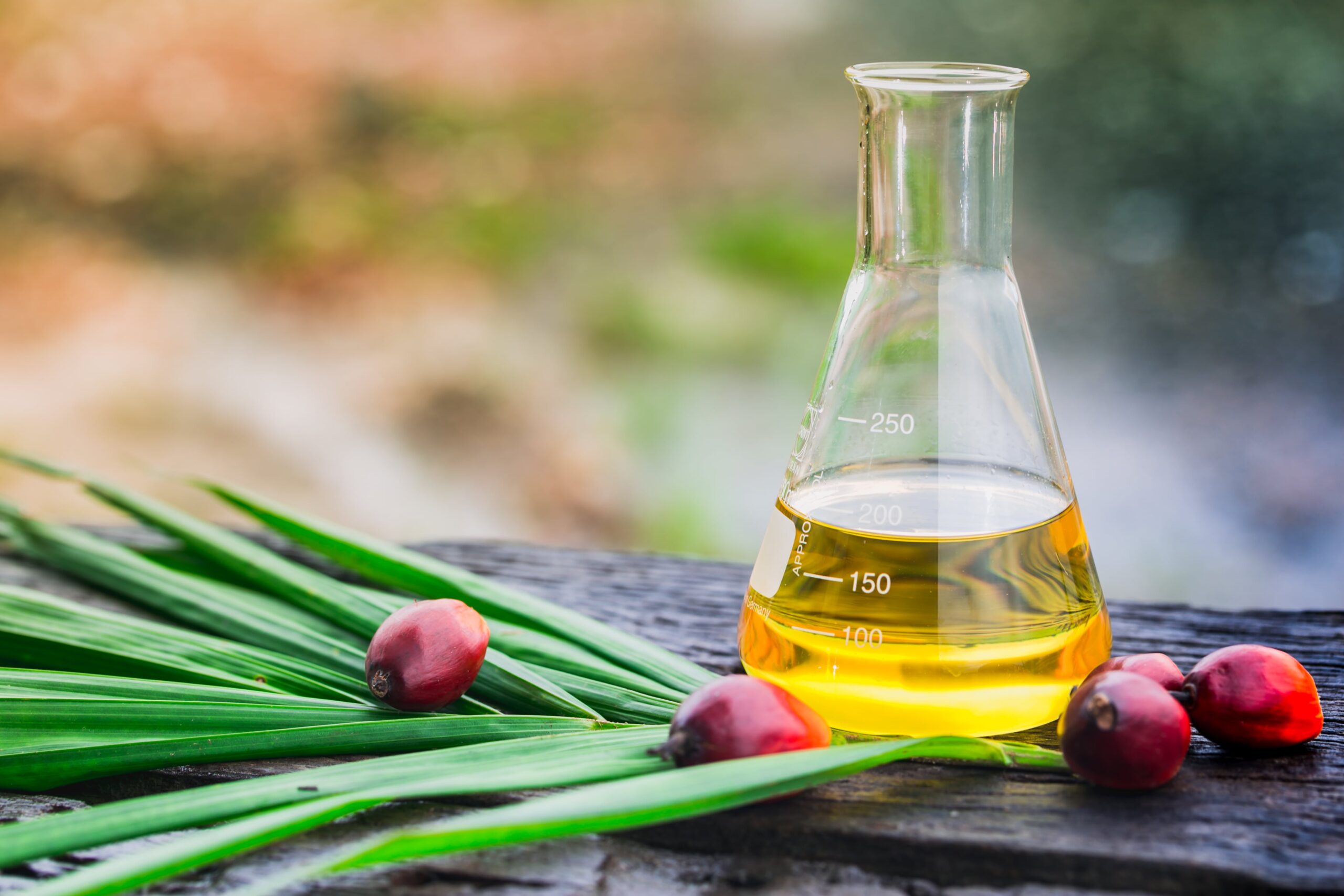Palm oil market, a versatile and ubiquitous vegetable oil, has become an integral part of our daily lives, found in everything from food products to cosmetics and biofuels. As its demand continues to rise, the palm oil market faces both opportunities and challenges. In this blog, we delve into the intricacies of the palm oil market, its impact on the environment, sustainable practices, and the collective effort needed to ensure a more responsible and ethical industry.
For More insights into the, Request a Sample of this Report:
The Palm Oil Phenomenon
Palm oil’s popularity can be attributed to its high yield per hectare, making it an efficient and cost-effective vegetable oil source. However, its exponential demand has led to significant environmental and social concerns, particularly in regions where palm oil is produced.
Environmental Impact: Deforestation and Biodiversity Loss
One of the most pressing issues associated with palm oil production is deforestation. Vast swaths of rainforests, particularly in Southeast Asia, have been cleared to make way for palm oil plantations. This rampant deforestation not only threatens the rich biodiversity of these regions but also contributes to climate change by releasing massive amounts of carbon dioxide into the atmosphere.
Sustainable Solutions: The Push for Responsible Practices
The palm oil industry is at a crossroads, with increasing pressure from consumers, NGOs, and governments to adopt sustainable practices. Initiatives like the Roundtable on Sustainable Palm Oil (RSPO) aim to promote ethical sourcing, reduce deforestation, and improve the livelihoods of local communities.
The Consumer’s Role: Making Informed Choices
As consumers, our choices have a significant impact on shaping the palm oil market. By opting for products that use certified sustainable palm oil or seeking alternatives, we can drive demand for responsible practices and contribute to positive change.
Innovations and Future Prospects
The palm oil industry is witnessing innovations that have the potential to reshape its landscape. From satellite monitoring to track deforestation to the development of more efficient palm oil varieties, the future holds promise for a more sustainable and responsible palm oil market.
Conclusion
The palm oil market’s complex dynamics require a multi-faceted approach to address its environmental and social challenges. As stakeholders, from producers to consumers, come together to demand and implement responsible practices, we can navigate this market towards a more sustainable and ethical future. By making conscious choices and supporting initiatives that prioritize the well-being of our planet, we can contribute to positive change and ensure that palm oil remains a viable and responsible resource for generations to come.
